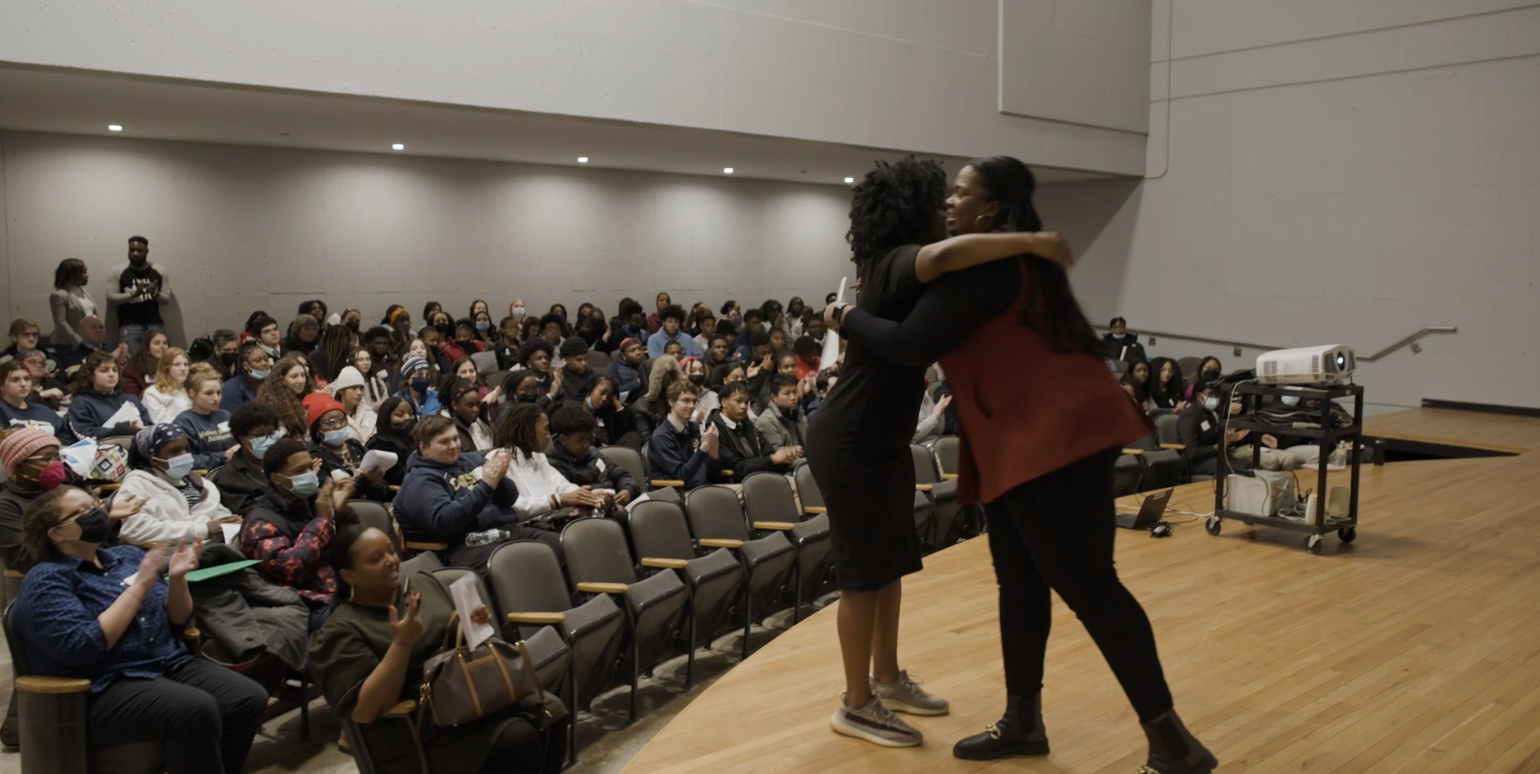Over the course of EdCo’s existence, promoting diversity in our partner schools has always been a primary goal, in part due to the high school scholarship program that The John R. Oishei Foundation has generously supported for over 20 years. The scholarship has indeed spurred growth in racial diversity as the number of non-white students in our partner schools has increased from 7% in 1999 to just over 20% in 2020. Increasing diversity, and we recognize all forms of diversity, is of course, only a first step in the journey to create equitable and inclusive schools, which are essential to ALL students’ social and academic success.
While EdCo, our partner schools and along with a key strategic partner, Buffalo Prep have worked over the years to move the needle toward equity and inclusion, we have collectively come to the conclusion that the needs of our students are vastly universal, and that working collaboratively to meet those needs would exponentially increase the effectiveness of the effort. The urgency for this effort came to the forefront in 2017 when schools decided that one of EdCo’s three strategic goals should focus exclusively on supporting diversity, equity and inclusion
Since the unanimous adoption of our new strategic plan in November 2017, EdCo created a DEI Committee and hired Eastern Education Resource Collaborative (East Ed) with support from the Cullen Foundation. East Ed sought to understand the general and specific needs of our students and schools over the course of 2018 through data collection, focus group meetings, professional development opportunities, etc. That work, coupled with East Ed’s extensive experience and knowledge of DEI best practices and research, has manifested in a strategic framework including our long-term goals.
In the first year of our journey (2019-2020), we were guided by the findings from our academic data project, where we analyzed several years of school information to determine areas of weakness for schools and students. To jumpstart this initiative, we developed programming that provided a variety of opportunities for teachers and students through ongoing and collaborative activities with the end goal of increasing student achievement by addressing DEI related issues and creating schools where everyone feels a sense of belonging. While we have achieved many successes this year and were poised to address uncovered challenges in Year Two (2020-2021), COVID-19 emerged and turned the world upside down - pushing schools to move to distance learning, which enhanced known issues around DEI and also created new challenges that were previously unforeseen.
Further, the murder of George Floyd at the end of May sparked a movement seeking racial equity in our country that many are describing as a second wave of the Civil Rights Era. As those of us who are immersed in DEI work whole-heartedly support the Black Lives Matters movement and the goal of achieving racial equity, it has also created a strong sense of urgency for EVERYONE to join in the work of creating opportunities for change. Issues of DEI are now intensified on many levels and this reality has presented new challenges for schools concerning equity and inclusivity, which is why our work in year two is more crucial than ever.




